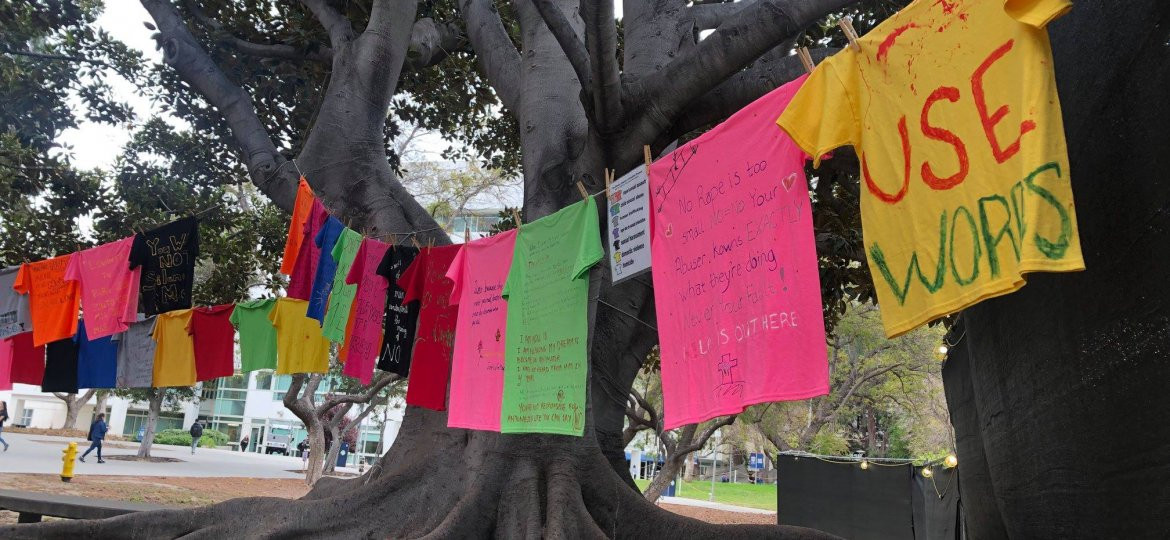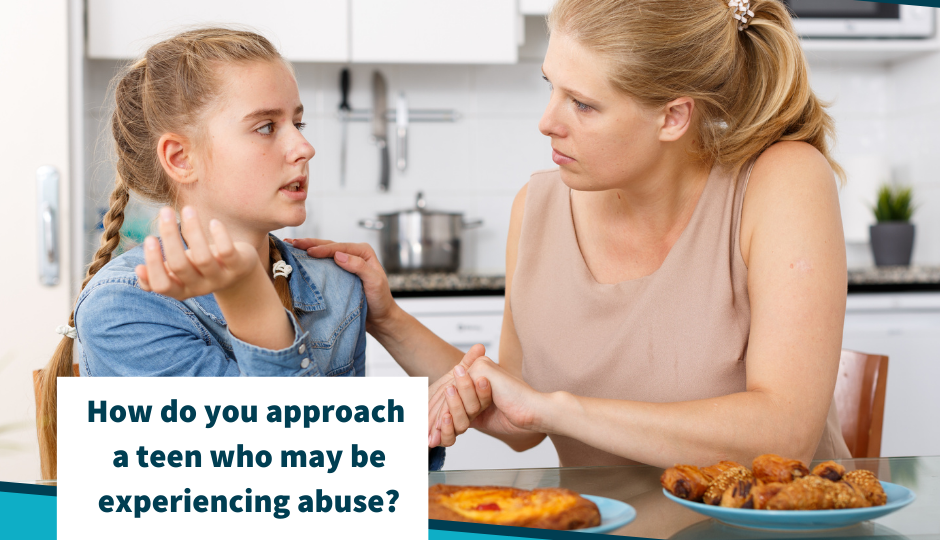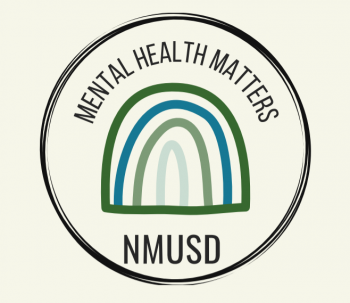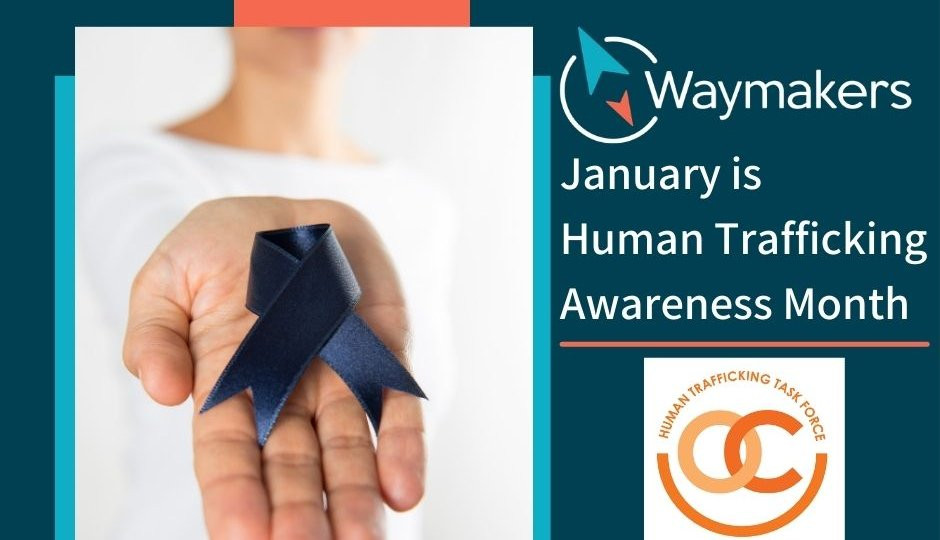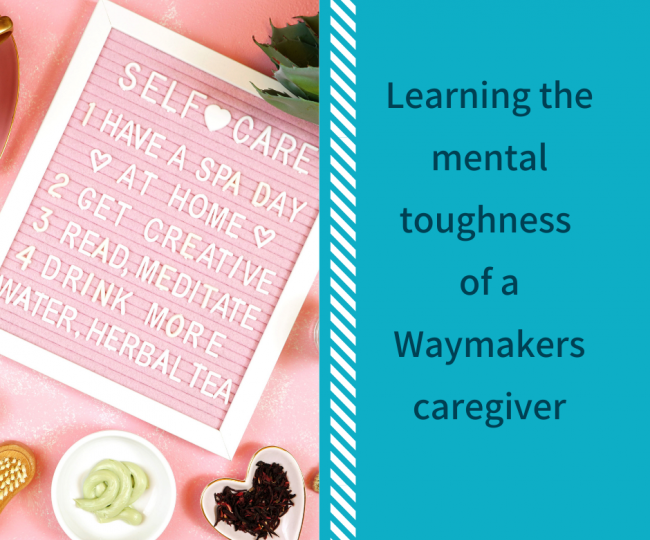Talking to our children is easy when they are little. You can play together, go on trips together and spend endless time together. But as children grow into teens, communication often becomes challenging—although it can sometimes be a period of conflict between parent and child, the teen years are also a time to help kids grow into the distinct individuals they will become. And the earlier you open the lines of communication, the better your chances of keeping them open throughout the teen years.
When it comes to the topic of dating and healthy relationships, open communication can make a huge difference in your teen’s ability to avoid teen dating violence.
Unfortunately, teens are more likely to experience dating violence than any other age group. One in three adolescents in the U.S. is a victim of physical, sexual, emotional or verbal abuse from a dating partner, a figure that far exceeds rates of other types of youth violence. Yet, 81 percent of parents believe teen dating violence is not an issue or admit they don’t know if it’s an issue.
Warning signs of dating violence can include apologizing for behavior or making excuses for a boyfriend/girlfriend, losing interest in activities they usually enjoy, avoiding family and friends, growing isolation, name-calling between partners, extreme jealousy, constant calling or texting, demanding social media passwords, short-tempered behavior and unexplained injuries.
To help your teen develop strong, healthy and mutually respectful relationships, it is important to start by talking with your teen about the overall signs of a healthy relationship. This may sound easier said than done, so here are some ways parents can check in with their teen and listen, talk to and support them as they navigate the waters of adolescence.
The following are some questions that can be conversation starters. Addressing these topics will likely be more effective if you take organic opportunities to open dialogue – on a ride to school, a coffee shop, on a walk, anywhere away from the distractions. Keeping things light and positive will typically result in your teen being more willing to talk. Remember, once you have asked the question, sit back and really listen to your teen’s response.
- How are things going? A general question to open the conversation is often helpful so your teen does not feel put on the spot.
- What do you think a healthy dating relationship looks like? Maybe they have examples of couples—teen or adult—who have a healthy relationship.
- Do you think your friends relationships look the same as what you described, or are they different? “Are there things that girls want that boys don’t want?” This will help you to understand what your teen thinks about their own and other’s relationships.
- Have you ever experienced or seen behavior that concerns you or that you think is abusive? Based on the response you can explore what dating violence or abusive behavior might look like. Ask why they think someone would abuse the other in a dating relationship. You may wish to learn more about control issues involved in cyberbullying, psychological or emotional abuse, threats, jealousy, and violence.
- Why do you think someone would stay in an unhealthy relationship? Asking this question might open a discussion about how your teen perceives the controlling nature of abusive relationships.
- What would you do if you, or a friend, were in an unhealthy dating relationship? This can give you an opportunity to share resources, safe people to turn to, and an understanding that you know bad things can sometimes happen.
Help your teen to understand that you are always willing to discuss and answer questions about this and other sensitive issues. Approaching any topic in a non-judgmental environment will set the tone for conversations and situations to come.

